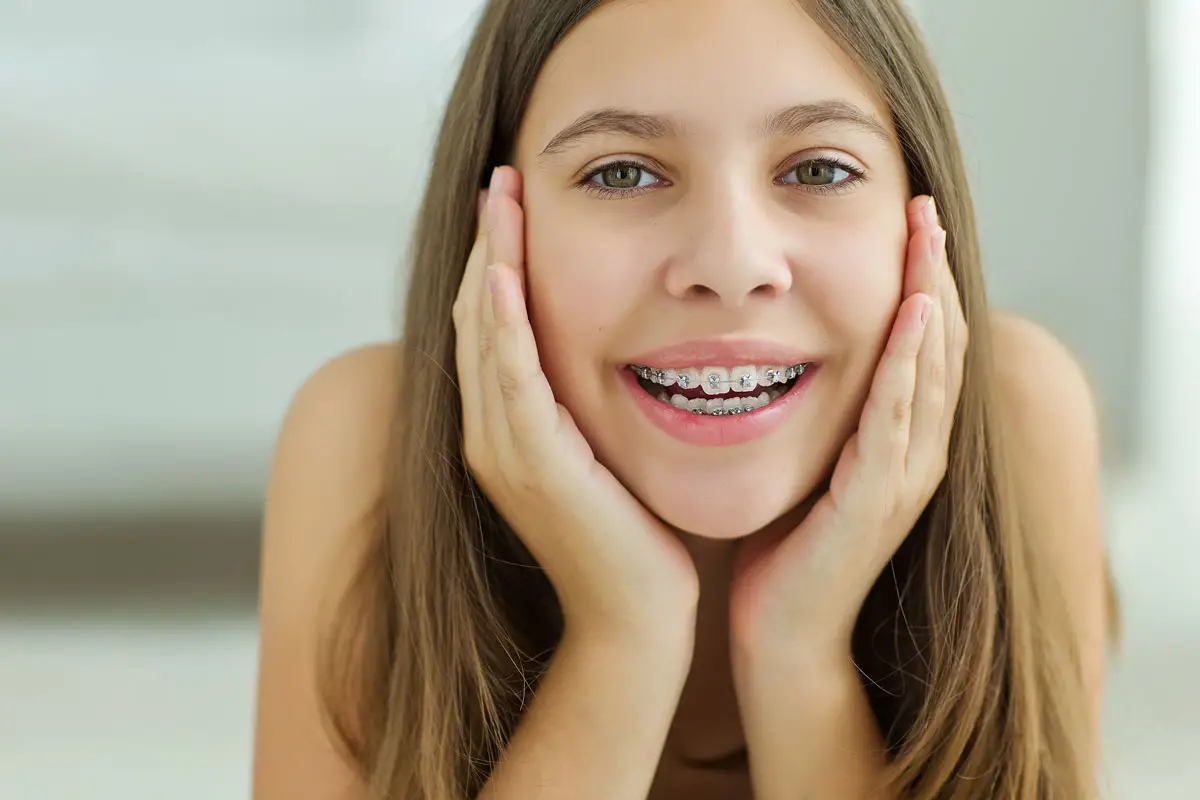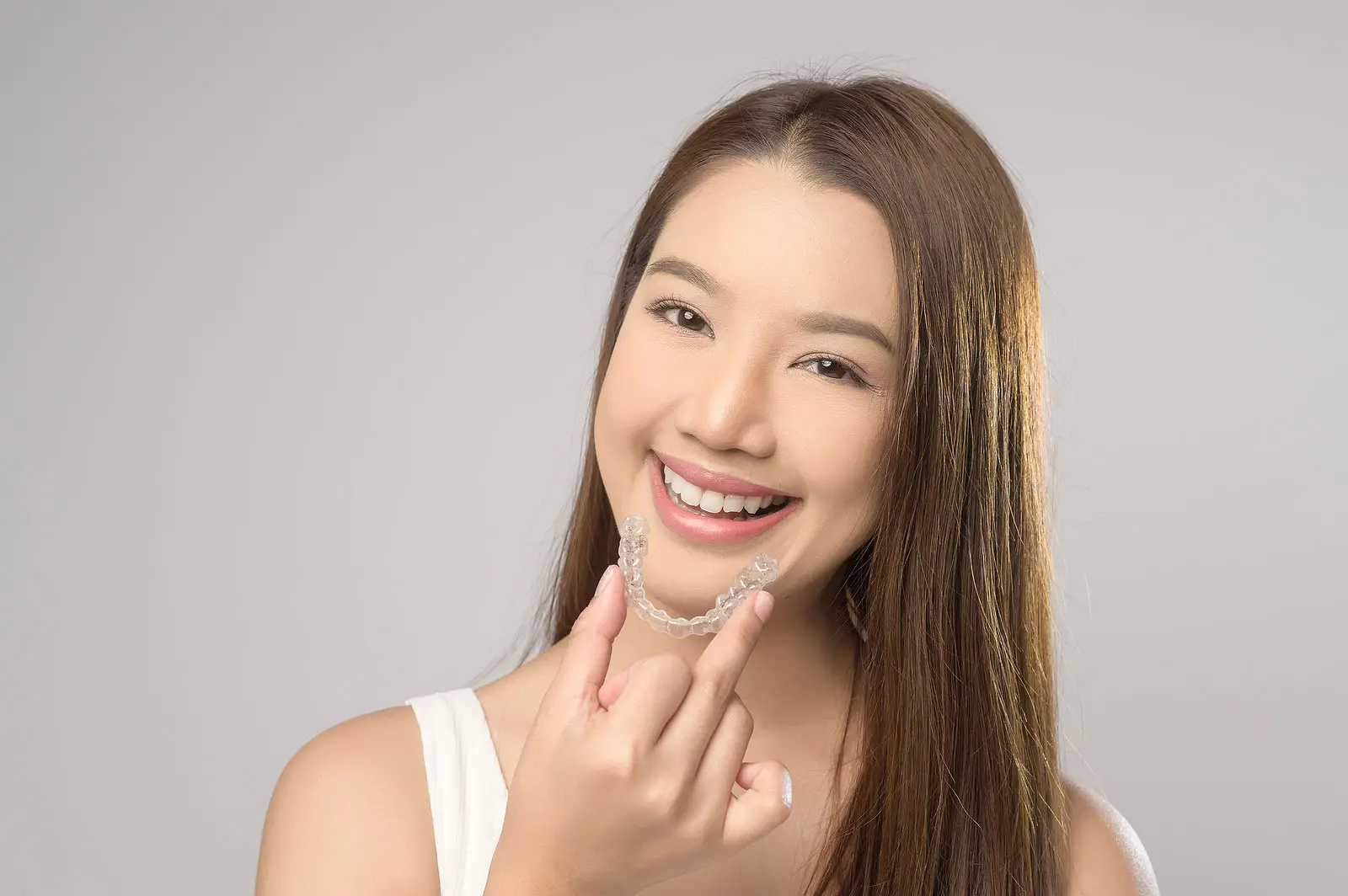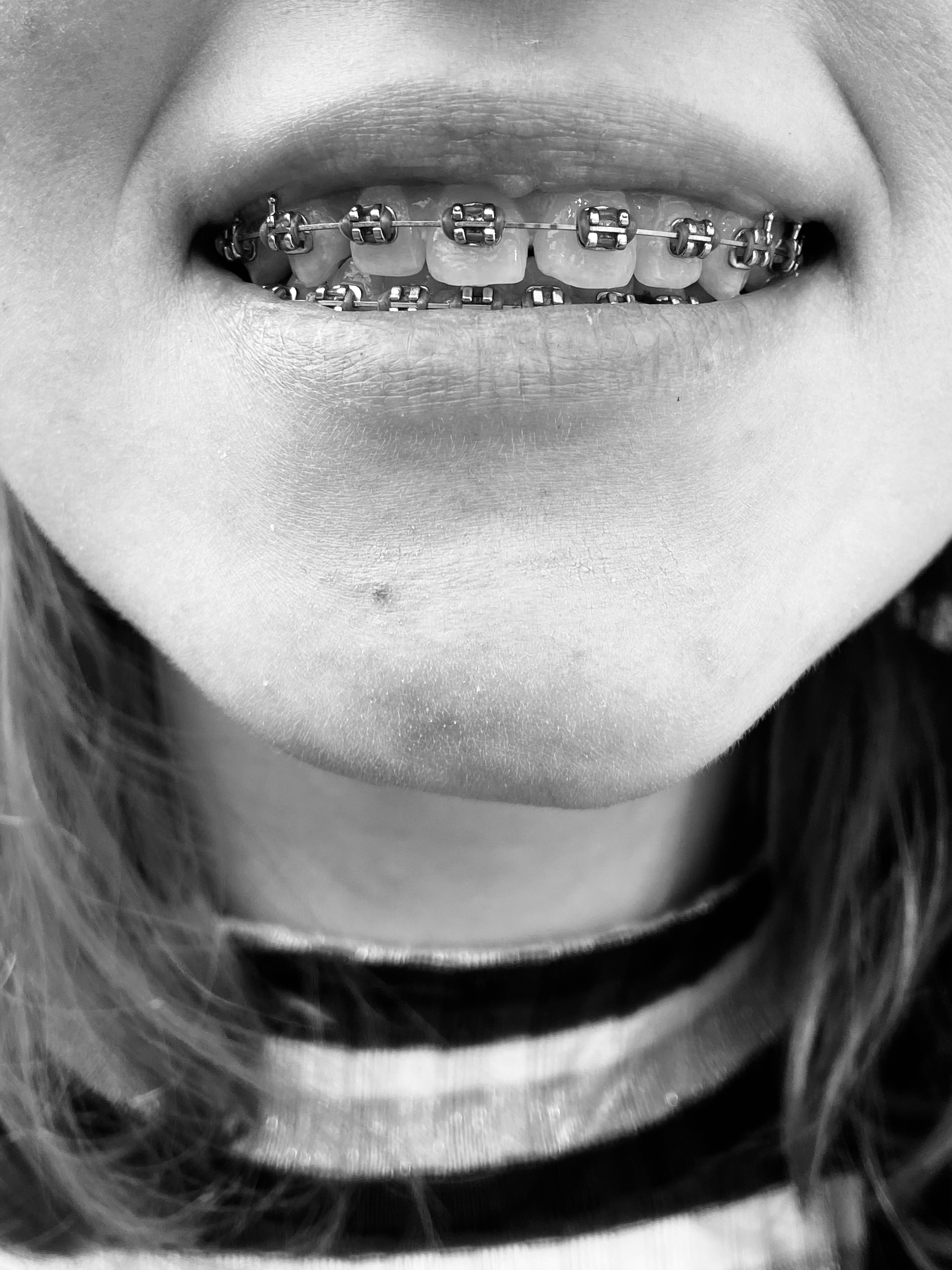![This is a thumbnail image of blog Tips for a Healthy and Radiant Smile This New Year This is a thumbnail image of blog Tips for a Healthy and Radiant Smile This New Year]()
Tips for a Healthy and Radiant Smile This New Year
Dec 23, 2023![Braces in Rock Island, IL Braces in Rock Island, IL]()
Maintaining Oral Hygiene with Braces: Tips and Tricks
Oct 25, 2024![Orthodontics in Rock Island, IL Orthodontics in Rock Island, IL]()
Unlocking Your Best Smile: Navigating the World of Orthodontics
Feb 26, 2024![This is a thumbnail image of blog Life with Braces This is a thumbnail image of blog Life with Braces]()
Life with Braces
May 27, 2024![This is a thumbnail image of blog How Long Does It Take for Invisalign to Work? Key Factors That Affect Your Treatment Time This is a thumbnail image of blog How Long Does It Take for Invisalign to Work? Key Factors That Affect Your Treatment Time]()
How Long Does It Take for Invisalign to Work? Key Factors That Affect Your Treatment Time
Jun 18, 2025

The Ultimate Guide: How Long Should You Wear Your Retainer After Braces?
Getting braces is a significant step toward achieving that perfect smile. However, the journey doesn't end once those brackets are removed. Enter retainers—a crucial tool for maintaining your newly aligned teeth. If you're in Rock Island, IL, and have recently completed your orthodontic treatment, understanding how long to wear your retainer can be just as vital as knowing when to brush after meals.
Whether you’re curious about how long you should keep it on or want tips on maintenance, this guide covers everything you need to know about retainers post-braces. Your smile deserves the best care possible!
What is a Retainer and Why is it Important?
A retainer is a custom-made dental device designed to hold your teeth in their new position after braces. Unlike braces, which actively move teeth, retainers work to maintain alignment.
The period following brace removal can be critical for your smile. Teeth have a natural tendency to shift back toward their original places. A retainer prevents this movement and helps solidify the results from your orthodontic treatment.
Retainers come in various types—fixed or removable—and each serves its purpose effectively. They’re often made from clear plastic or metal wires, making them discreet and comfortable for daily wear.
Wearing a retainer ensures that all the hard work you put into straightening your teeth pays off in the long run. It’s an essential part of preserving that beautiful smile you've worked so hard to achieve through braces!
The Benefits of Wearing a Retainer After Braces
Wearing a retainer after your braces come off offers several important benefits.
- First and foremost, it helps maintain the straightness of your teeth. Even after months of treatment, teeth can shift if not properly supported.
- A retainer also plays a crucial role in stabilizing the jaw and bite alignment. It ensures that all components work harmoniously together, reducing the risk of future dental issues.
- Additionally, retainers can help preserve your smile’s aesthetics. Keeping those pearly whites aligned allows you to show off your hard-earned results confidently.
- Moreover, wearing a retainer is often more comfortable than dealing with potential adjustments or additional orthodontic treatments later on.
- For many patients, this small commitment leads to long-term success in oral health and appearance—making every moment spent wearing one worthwhile.
How Long Should You Wear a Retainer?
The duration for wearing a retainer after braces varies depending on individual needs. Typically, orthodontists recommend that you wear your retainer full-time for the first few months post-braces.
As your teeth stabilize, you can gradually transition to nighttime wear. This may last from 6 months to several years, depending on how well your teeth respond.
Some people might find they need to wear their retainers indefinitely at night. This is especially true if there’s a risk of shifting due to age or other factors.
Regular check-ups with your orthodontist will help determine if adjustments are needed in your retainer routine. It's essential to listen closely to their recommendations and monitor any changes in your smile over time.
Signs That You Need to Continue Wearing Your Retainer
If you’ve recently finished your orthodontic treatment, keeping an eye on how your teeth feel is essential. Sometimes, subtle signs indicate it’s time to keep wearing your retainer.
- One common sign is discomfort or tightness in certain areas of your mouth. This can mean that your teeth are shifting back toward their original positions. You might notice gaps appearing where there weren’t any before.
- Another indicator could be the alignment of your bite. If it feels off when you chew or if there's increased sensitivity around specific teeth, don’t ignore those feelings.
- Frequent headaches can also signal problems with tooth positioning. Tension in the jaw may arise from misaligned teeth trying to fit together again.
- Listening to these signals helps ensure that all your hard work with braces doesn’t go to waste. Your smile deserves ongoing care and attention! Contact us to learn more.
Tips for Maintaining Your Retainer
Keeping your retainer in top shape is essential for maintaining that beautiful smile.
- Start by rinsing it with lukewarm water whenever you take it out. This simple step helps remove food particles and bacteria.
- Once a week, give your retainer a deeper clean. Mix mild dish soap with warm water and soak the retainer for about 20 minutes. Use a soft toothbrush to gently scrub away any buildup, being careful not to damage it.
- Avoid using hot water or harsh chemicals, as these can warp or discolor your retainer.
- When you're not wearing it, store the retainer in its case to prevent loss or damage. Always remember to keep that case handy when eating out!
- Make regular visits to your orthodontist in Rock Island, IL. They’ll check if everything is fitting correctly and offer tips tailored just for you!
Conclusion
Wearing your retainer after braces is crucial for maintaining that perfect smile you've worked hard to achieve. It's not just about aesthetics; it's about ensuring your teeth stay in their ideal positions. By understanding the importance of retainers, adhering to a consistent wearing schedule, and being aware of signs that suggest you need to continue using them, you'll be setting yourself up for long-term success.
Proper maintenance of your retainer will also extend its life and functionality. So take care of it as you would with any other essential dental tool. If you're still navigating through this process or have concerns regarding your specific situation, don’t hesitate to reach out to an orthodontist specializing in braces in Rock Island, IL. They can provide personalized advice tailored specifically for you.
Your journey doesn’t end with the removal of braces; it continues with the careful use of retainers that help ensure a lifetime of healthy smiles!
Get in touch with Orthodontics Rock Island, IL at McManus Orthodontics at 4507 24th Street, Rock Island, IL 61201, or call (309) 558-0075 to determine if braces are the appropriate treatment for your specific dental condition.
Office Hours
MON7:00 am - 6:00 pm
TUE7:00 am - 6:00 pm
WED7:00 am - 6:00 pm
THU7:00 am - 6:00 pm
FRI7:00 am - 6:00 pm
SATClosed
SUNClosed











comments